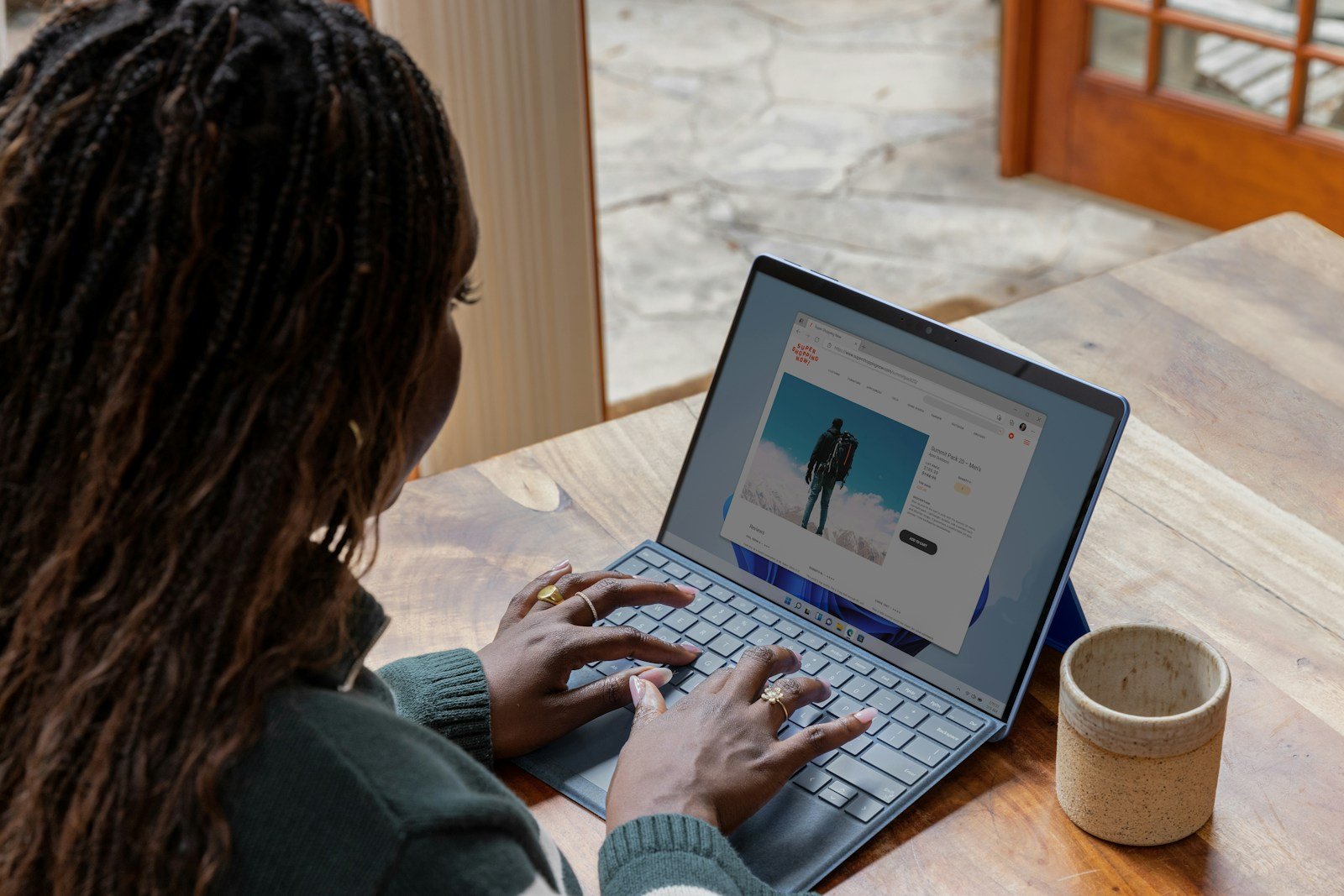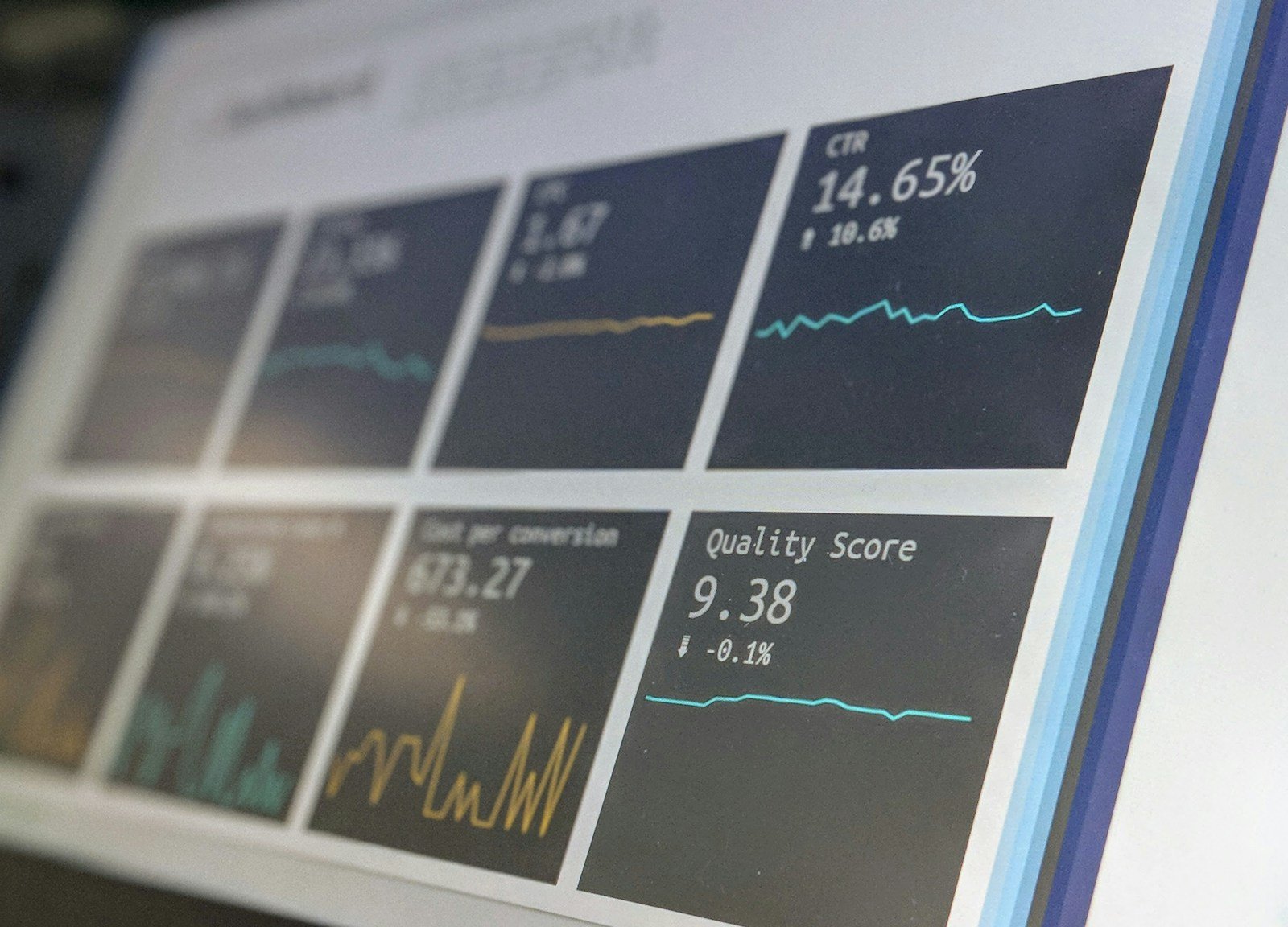Table of Contents
ToggleIf we haven’t met before, we are StaySuite Marketing, a dedicated team committed to helping hotels and the hospitality industry thrive in the digital landscape. Our mission is to empower hotel owners and managers with the knowledge and tools needed to boost their online presence, attract more guests, and drive bookings.
One of the most common challenges our clients face is creating engaging blog content that attracts potential guests and improves search engine rankings. Without a well-structured blog strategy, it can be difficult to capture the interest of travellers and stand out in a crowded market.
This article will detail the exact steps you need to take to create compelling blog topics and optimise your content for SEO, based on proven strategies we’ve implemented successfully for our clients.
PRO TIP: Bookmark this article for quick reference as you work on enhancing your hotel’s blogging strategy!
SEO Meta-Title and Meta-Description
- Meta-Title: Essential Blogging Tips for Hotels: Powerful Topics and SEO Strategies
- Meta-Description: Discover essential blogging tips for hotels, including powerful topics and SEO strategies, to attract more guests and improve search rankings.
1. Introduction
Blogging Tips for Hotels is a powerful tool for engaging potential guests, providing valuable information, and improving search engine optimisation (SEO). A well-maintained blog can help establish your hotel as an authority in the hospitality industry, drive organic traffic to your website, and ultimately increase bookings. This article explores effective blogging topics and SEO strategies specifically tailored for hotels.
2. Understanding the Importance of Blogging for Hotels
a. Building Authority and Trust Blogging allows your hotel to showcase its expertise and provide useful information to potential guests. By regularly publishing high-quality content, you can build trust and establish your hotel as a go-to source for travel-related information.
b. Driving Organic Traffic Search engines favour websites that consistently produce fresh and relevant content. Blogging can help improve your website’s search rankings, making it easier for potential guests to find you online.
c. Engaging Potential Guests Engaging blog content can captivate your audience, encouraging them to spend more time on your website and explore your hotel’s offerings. This increased engagement can lead to higher conversion rates and more bookings.
3. Choosing Engaging Blog Topics
a. Highlighting Local Attractions and Events Write about popular attractions, events, and activities near your hotel. This not only provides valuable information to potential guests but also showcases your hotel’s proximity to key destinations.
b. Providing Travel Tips and Guides Offer travel tips, packing guides, and itinerary suggestions to help guests plan their trips. This type of content is highly shareable and can attract a broad audience.
c. Sharing Guest Stories and Testimonials Feature stories and testimonials from past guests to build credibility and provide social proof. Highlighting positive experiences can encourage potential guests to book their stay at your hotel.
d. Showcasing Hotel Amenities and Services Create detailed posts about your hotel’s amenities, services, and special offers. Highlight unique features that set your hotel apart from the competition.
e. Creating Seasonal Content Write about seasonal activities, events, and promotions. This keeps your content timely and relevant, attracting guests who are planning their trips around specific times of the year.
4. SEO Strategies for Hotel Blogs
a. Conducting Keyword Research Identify relevant keywords and phrases that potential guests are likely to search for. Use tools like Google Keyword Planner, Ahrefs, or SEMrush to find high-volume, low-competition keywords.
b. Optimising On-Page SEO
- Title Tags and Meta Descriptions: Craft compelling title tags and meta descriptions that include your target keywords. This helps improve click-through rates from search engine results pages (SERPs).
- Headings and Subheadings: Use H1, H2, and H3 tags to structure your content and make it easier for search engines to understand. Include keywords naturally in these headings.
- Internal and External Links: Link to other relevant posts on your blog and authoritative external sources. This helps improve your website’s authority and SEO.
c. Creating High-Quality, Long-Form Content Search engines favour comprehensive, in-depth content. Aim for blog posts that are at least 1,000 words long, providing detailed information on the chosen topic.
d. Using Visual Content Incorporate high-quality images, videos, and infographics into your blog posts. Visual content not only enhances user experience but also improves engagement and SEO.
e. Ensuring Mobile-Friendliness Optimise your blog for mobile devices to ensure a seamless reading experience for users on smartphones and tablets. Mobile-friendly websites rank higher in search engine results.
5. Promoting Your Blog Content
a. Sharing on Social Media Promote your blog posts on social media platforms like Facebook, Instagram, Twitter, and LinkedIn. Use eye-catching visuals and engaging captions to attract attention.
b. Using Email Marketing Include links to your latest blog posts in your email newsletters. Encourage your subscribers to read and share your content.
c. Collaborating with Influencers Partner with travel influencers to share your blog content. Their endorsement can help reach a broader audience and increase your hotel’s visibility.
d. Participating in Online Communities Share your blog posts in relevant online forums, travel groups, and community websites. Engaging with these communities can drive traffic to your blog and attract potential guests.
6. Measuring Blog Performance
a. Tracking Key Metrics Use tools like Google Analytics to monitor important metrics such as page views, bounce rates, average session duration, and conversion rates. This data helps you understand how well your content is performing.
b. Analysing User Engagement Pay attention to comments, social shares, and feedback on your blog posts. Engaging with your audience and responding to their comments can build a loyal readership.
c. Adjusting Strategies Based on Data Regularly review your blog’s performance and adjust your content strategy based on the data. Focus on topics and formats that resonate most with your audience.
7. Conclusion
Blogging is an essential component of a successful digital marketing strategy for hotels. By choosing engaging topics and implementing effective SEO strategies, you can attract potential guests, drive organic traffic, and increase bookings. Regularly monitor your blog’s performance and adjust your strategy to ensure ongoing success.
PRO TIP: Bookmark this article for quick reference as you enhance your hotel’s blogging strategy!








